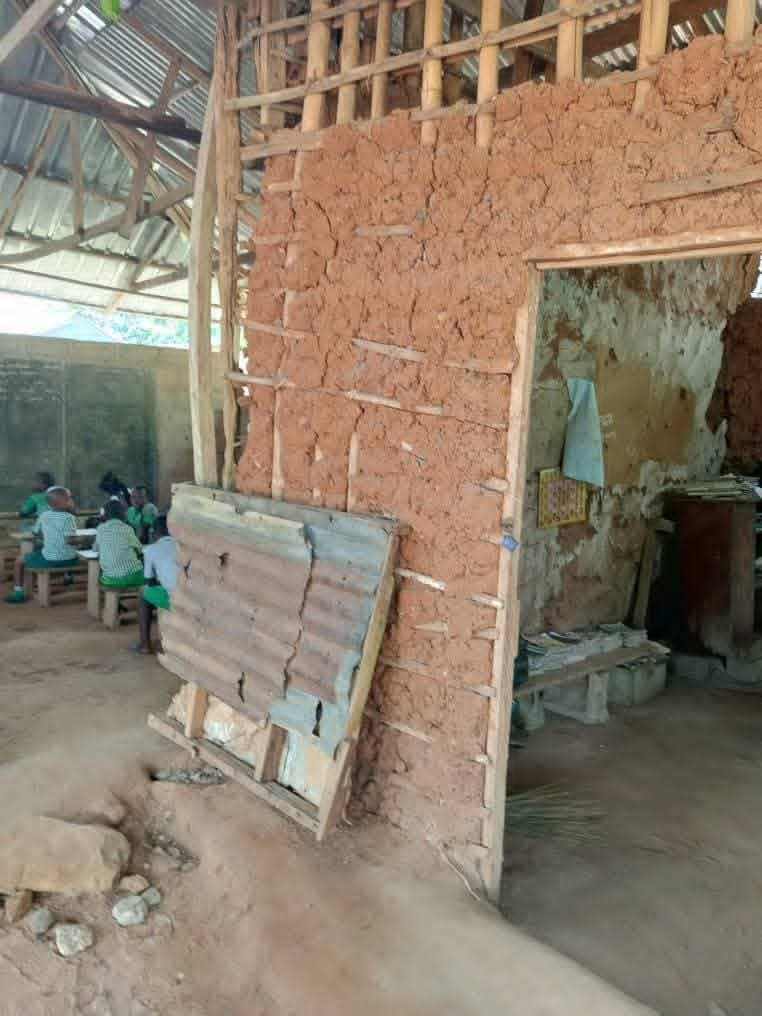
What is lymphatic filariasis?
Lymphatic filariasis is a parasitic disease caused by microscopic, thread-like worms. The adult worms only live in the human lymph system. The lymph system maintains the body’s fluid balance and fights infections.
Lymphatic filariasis affects over 120 million people in 73 countries throughout the tropics and sub-tropics of Asia, Africa, the Western Pacific, and parts of the Caribbean and South America. You cannot get infected with the worms in the United States.
How is lymphatic filariasis spread?
The disease spreads from person to person by mosquito bites. When a mosquito bites a person who has lymphatic filariasis, microscopic worms circulating in the person’s blood enter and infect the mosquito. People get lymphatic filariasis from the bite of an infected mosquito. The microscopic worms pass from the mosquito through the skin, and travel to the lymph vessels. In the lymph vessels they grow into adults. An adult worm lives for about 5–7 years. The adult worms mate and release millions of microscopic worms, called microfilariae, into the blood. People with the worms in their blood can give the infection to others through mosquitoes.
Who is at risk for infection?
Repeated mosquito bites over several months to years are needed to get lymphatic filariasis. People living for a long time in tropical or sub-tropical areas where the disease is common are at the greatest risk for infection. Short-term tourists have a very low risk. An infection will show up on a blood test.
What are the signs and symptoms of lymphatic filariasis?
Most infected people are asymptomatic and will never develop clinical symptoms, despite the fact that the parasite damages the lymph system. A small percentage of persons will develop lymphedema. This is caused by improper functioning of the lymph system that results in fluid collection and swelling. This mostly affects the legs, but can also occur in the arms, breasts, and genitalia. Most people develop these clinical manifestations years after being infected.
The swelling and the decreased function of the lymph system make it difficult for the body to fight germs and infections. Affected persons will have more bacterial infections in the skin and lymph system. This causes hardening and thickening of the skin, which is called elephantiasis. Many of these bacterial infections can be prevented with appropriate skin hygiene.
Men can develop hydrocele or swelling of the scrotum due to infection with one of the parasites that causes LF, specifically W. bancrofti.
Filarial infection can also cause tropical pulmonary eosinophilia syndrome. This syndrome is typically found in infected persons in Asia. Clinical manifestations of tropical pulmonary eosinophilia syndrome include cough, shortness of breath, and wheezing. The eosinophilia is often accompanied by high levels of IgE (Immunoglobulin E) and antifilarial antibodies.
How is lymphatic filariasis diagnosed?
The standard method for diagnosing active infection is the identification of microfilariae by microscopic examination. This is not always feasible because in most parts of the world, microfilariae are nocturnally periodic, which means that they only circulate in the blood at night. For this reason, the blood collection has to be done at night to coincide with the appearance of the microfilariae.
Serologic techniques provide an alternative to microscopic detection of microfilariae for the diagnosis of lymphatic filariasis. Because lymphedema may develop many years after infection, lab tests are often negative with these patients.
How can I prevent infection?
Avoiding mosquito bites is the best form of prevention. The mosquitoes that carry the microscopic worms usually bite between the hours of dusk and dawn. If you live in or travel to an area with lymphatic filariasis:
- Sleep under a mosquito net.
Wear long sleeves and trousers.
Use mosquito repellent on exposed skin between dusk and dawn.
What is the treatment for lymphatic filariasis?
People infected with adult worms can take a yearly dose of medicine, called diethylcarbamazine (DEC), that kills the microscopic worms circulating in the blood. While this drug does not kill all of the adult worms, it does prevent infected people from giving the disease to someone else.
Lymphedema and elephantiasis are not indications for DEC treatment because most people with lymphedema are not actively infected with the filarial parasite. Physicians can obtain DEC from CDC after lab results confirm infection.
Even after the adult worms die, lymphedema can develop. You can ask your physician for a referral to see a lymphedema therapist for specialized care. Prevent the lymphedema from getting worse by following several basic principles:
1. Carefully wash the swollen area with soap and water every day.
2. Elevate and exercise the swollen arm or leg to move the fluid and improve the lymph flow.
3. Disinfect any wounds. Use antibacterial or antifungal cream if necessary.









